What young people hope to achieve at the UN
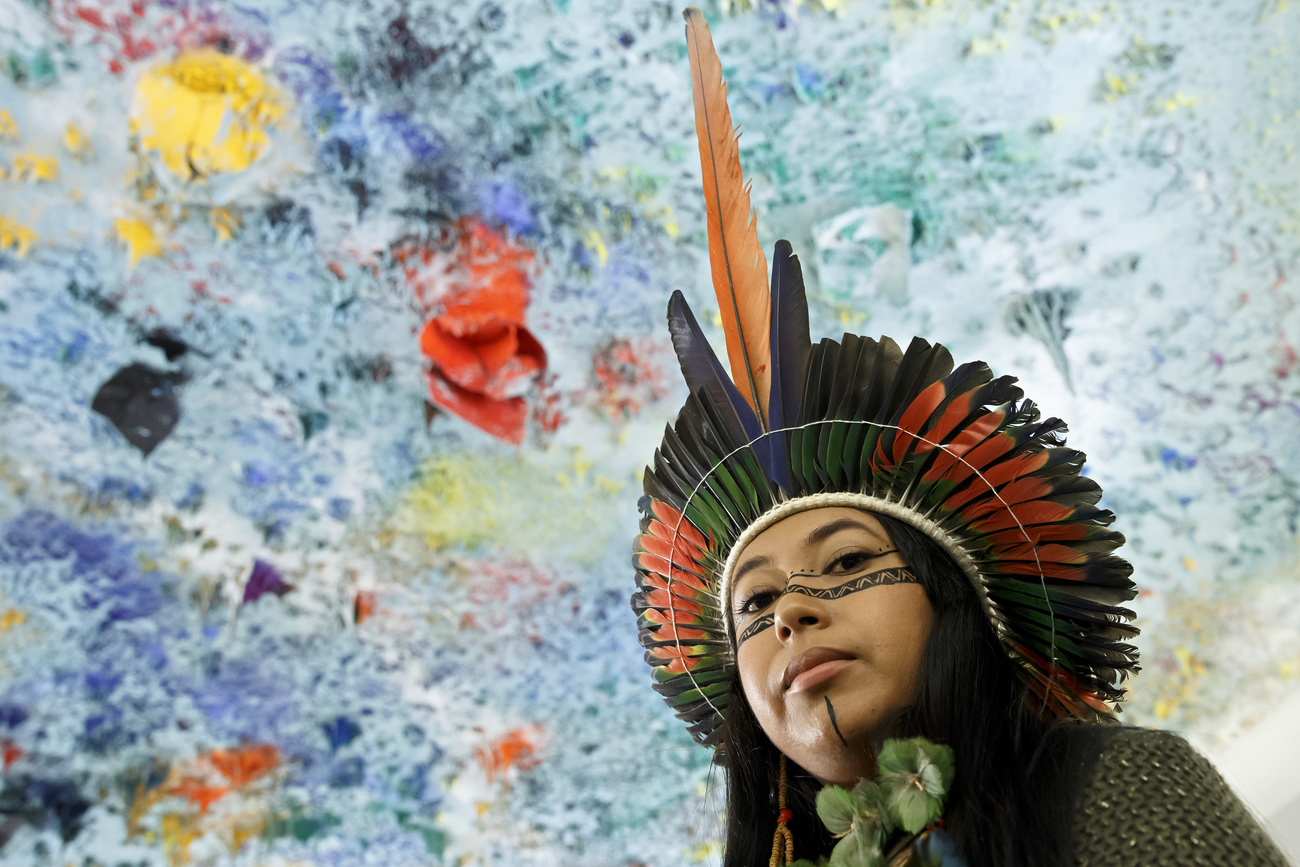
The Young Activists Summit brings youth to the UN in Geneva but what does the 76-year-old international organisation mean to them?
Youth will have the floor tomorrow at the United Nations in Geneva as part of the 2021 Young Activists Summit (YAS)External link. Throughout the day, six young activists from across the world will get the opportunity to present the work they have done to address global challenges, and interact with other young changemakers attending the event in person and remotely.
The youngest, Gitanjali Rao, is only 15 years old. She is an American scientist whose inventions have helped detect contaminated drinking water, and prevent opioid addiction and cyberbullying. In 2020 these achievements earned her the title ‘Kid of the Year’ from Time magazine. The oldest, Lual Mayen, is 26 years old. Born in war-torn South Sudan, Mayen grew up in a refugee camp. He now develops video games that promote peace.
“We are not looking for perfection and wonder kids only, because activism is also about having ideas, trying to implement them, testing them, improving them,” says Marina Wutholen, director of media NGO dev.tv and founder of the YAS.
Though the six activists invited to Geneva have impressive resumes, what matters the most, Wutholen says, is that they are working on concrete solutions which could inspire youth in other places to replicate them and tackle similar problems. “If they are effective in Kenya, they may be effective in Asia or South America too,” she says.
The young activists’ solutions include ways to restore coral reefs, prevent female genital mutilation, encourage recycling, fight poverty, and promote sustainable farming.
Video profile of Louise Mabulo, one of the six young changemakers featured this year:
Youth-led activism
Younger people have in recent years been at the forefront of activist movements. Greta Thunberg famously inspired millions of students worldwide to skip school to demand climate action from political leaders. What explains this trend?
“I think what has really changed is education and training. Young people have been schooled in a period where issues of sustainability, the environmental and climate crises are very much discussed in schools,” says Jasmine Lorenzini, a senior researcher at the University of Geneva (UNIGE).
This broader access to information and increased awareness, paired with a long-term trend of declining trust in political institutions, has created a fertile ground for key figures such as Greta Thunberg to rise and spark global movements, says Lorenzini.
A studyExternal link of the “Greta Thunberg effect” has found that those more familiar with the young Swedish activist were more likely to believe that they too could make a difference, and were more inclined to act for the environment.
In Switzerland, youth-led movements have rallied older generations too. This can in part be attributed to historical environmental movements in Switzerland, says Lorenzini. In the 1970s and 1980s anti-nuclear and environmental groups were active in the country, occupying the sites of future nuclear plants. Some of those involved then might have been inspired to re-join the movement when young people started to protest about climate change, she suggests.
“We often talk about youth movements – which is correct in the sense that they are the organisers – but it’s reductive if we consider who are the people taking to the streets and defending these movements.”
Lorenzini says there is a risk that some intentionally leverage misconceptions about these movements to minimise their weight and to claim that they do not reflect the population’s opinion.
But as trust in political institutions declines, what draws younger people to the UN, which may not always be associated with agility and action?
Youth at the UN
When young activists get to present their solutions at the UN during the YAS, there is a certain prestige and level of recognition that comes with that, says Wutholen. She and her colleagues also organise sessions for the activists to connect with and receive guidance from experts in Geneva and elsewhere.
“We see that for most of the activists who participated, there was a before and an after.”
The Geneva Youth Call (GYC)External link is another Geneva-based initiative that aims to bring youth voices to the UN. The project was created in early 2020 by students at the UNIGE.
“A fundamental problem that we wanted to address is the fact that at the moment, there is not really a common space where the world’s youth can engage with global issues,” says Eva Luvisotto, co-founder of the GYC.
In 2021 the GYC launched a digital platform where young people worldwide can share the problems they face and the solutions they identify. The platform’s content will feed into an International Youth Charter which could provide a global youth position to the UN. The GYC aims to organise its first Global Youth Assembly in April 2022 to refine its charter.
Luvisotto, who is also an intern at the United Nations Office for the Coordination of Humanitarian Affairs (OCHA) argues that much of the criticism the UN tends to get – such as it being too bureaucratic – does not directly target what the UN stands for – such as promoting world peace – but rather the way the organisation works. These are problems that can be addressed through reforms, and for which the GYC hopes to provide solutions.
“It [the UN] represents something very important in the world,” says Noa Rakotoarijaonina, who studies international relations and is a core member of the GYC team.
Youth movements are increasingly building ties with established organisations such as the UN, with which they share values, and which work on similar problems, but use different strategies and resources, says Wutholen. “The UN has constraints that youth groups don’t have, and vice versa. And that’s why it’s really important to join forces.”
The UN works to protect refugees and the oceans, to end poverty and hunger, to promote climate action and gender equality; so do the young people invited to Geneva this week. They are developing concrete solutions that deserve the international community’s attention and support.
Video profile of Marina Wutholen, founder of the Young Activists Summit:

In compliance with the JTI standards
More: SWI swissinfo.ch certified by the Journalism Trust Initiative
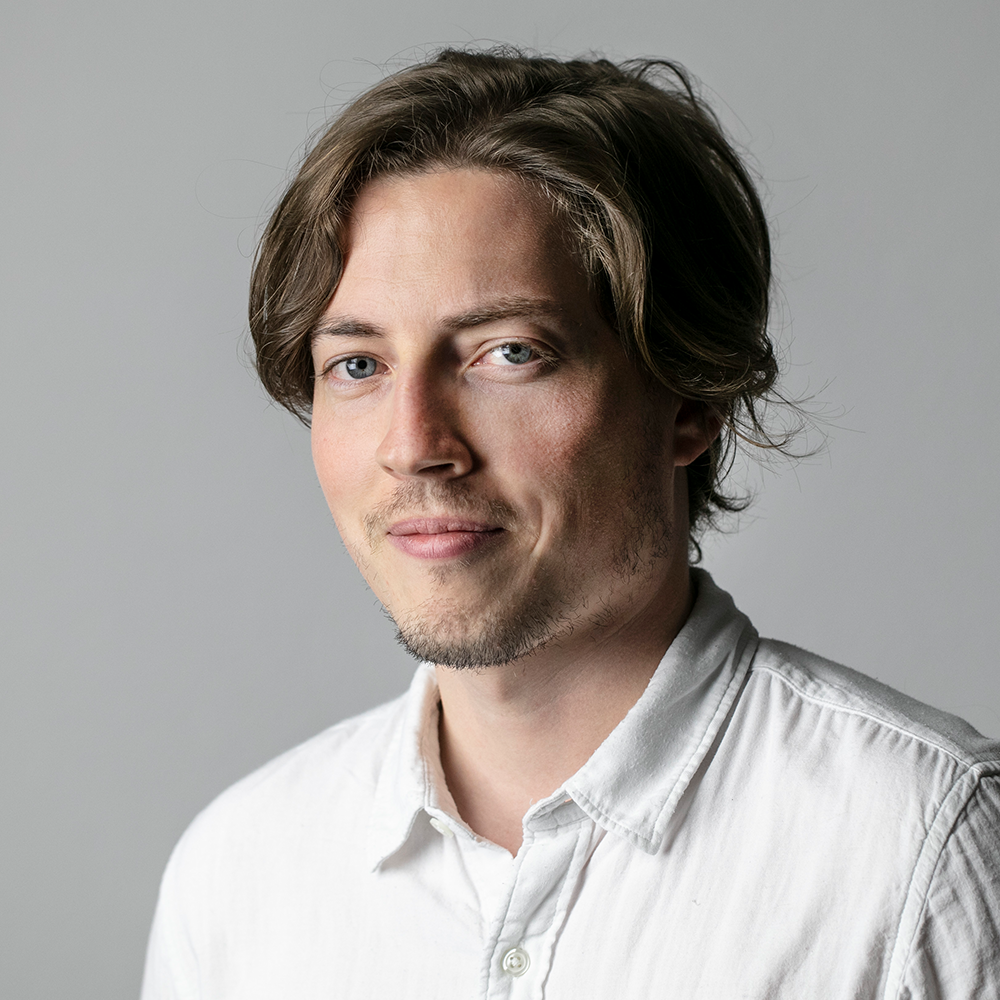
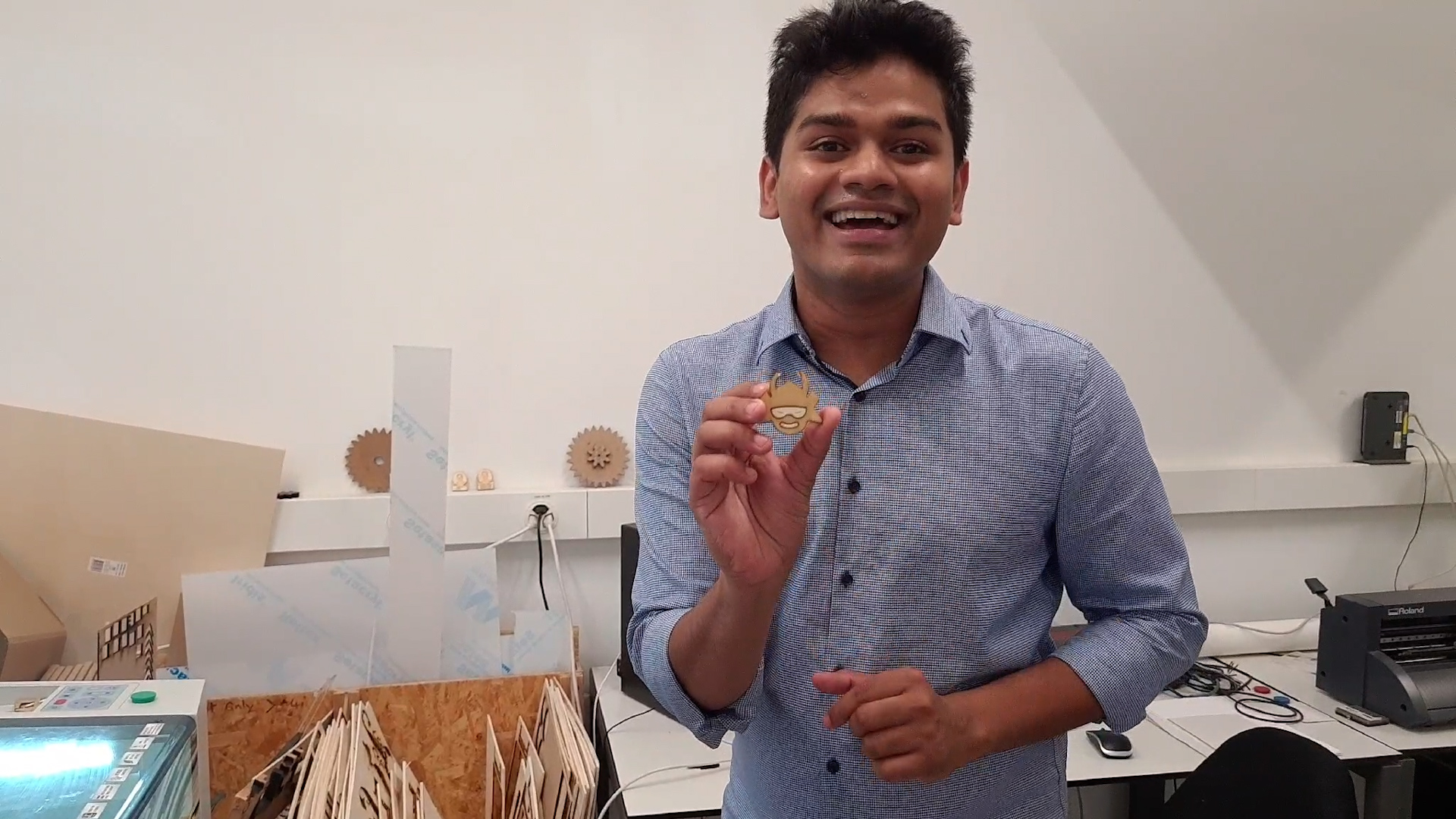
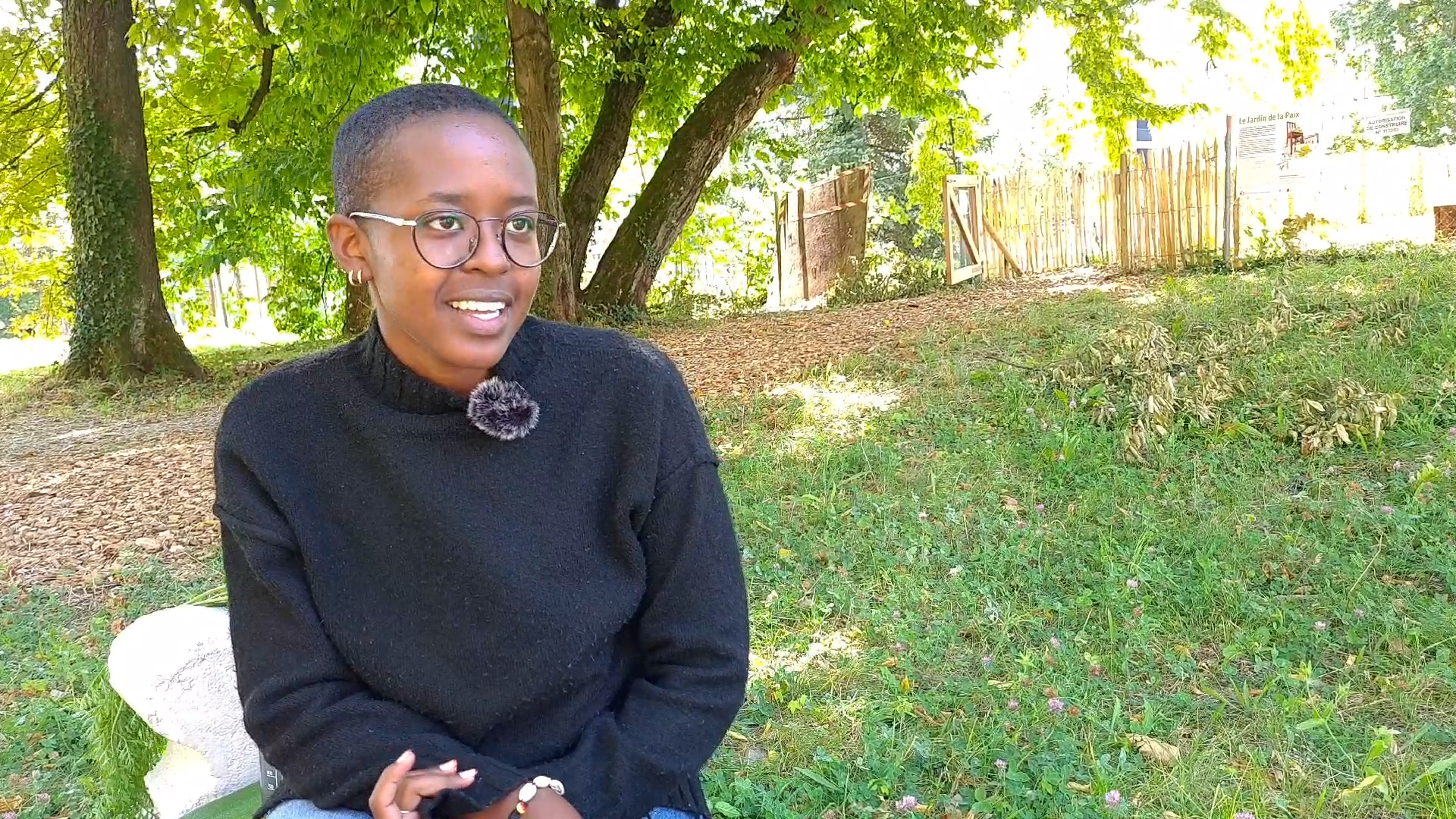
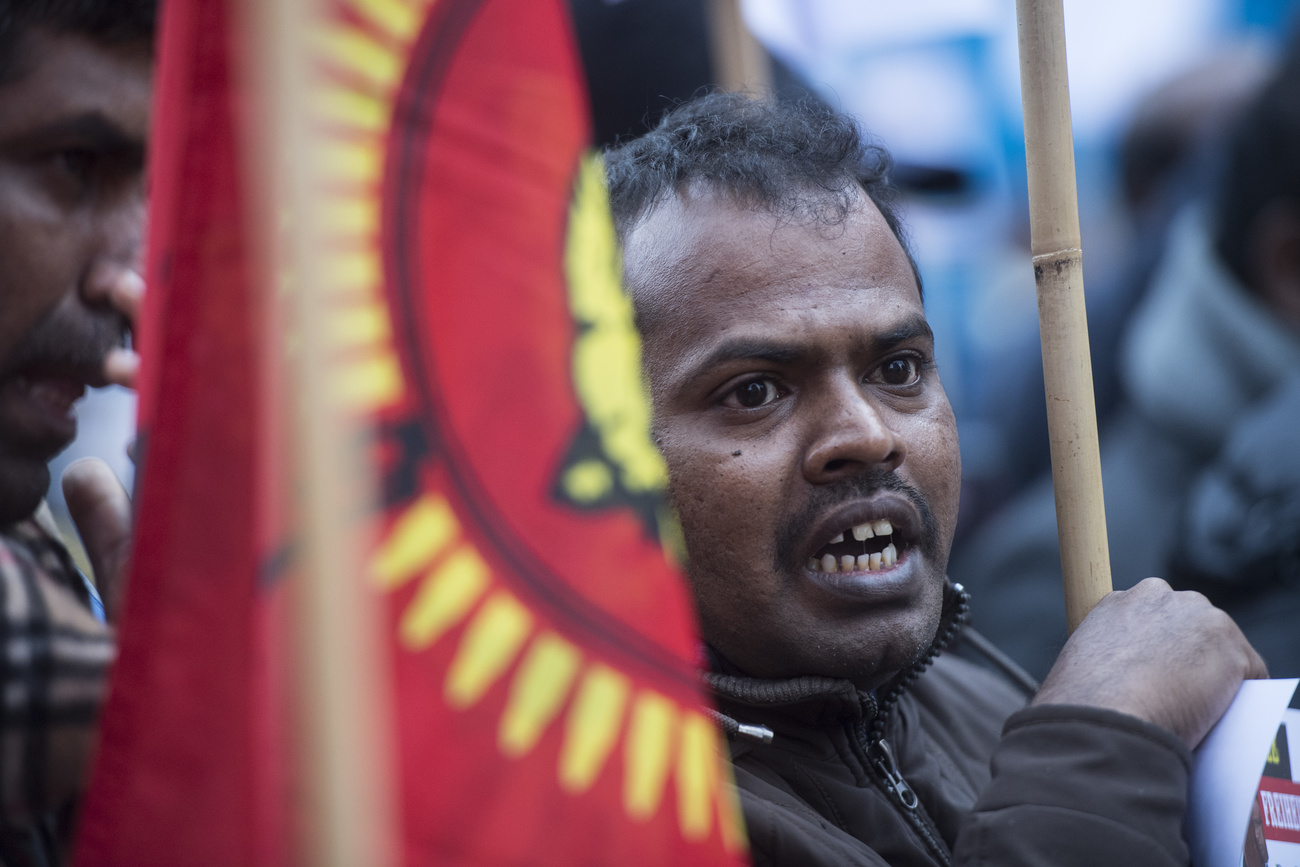
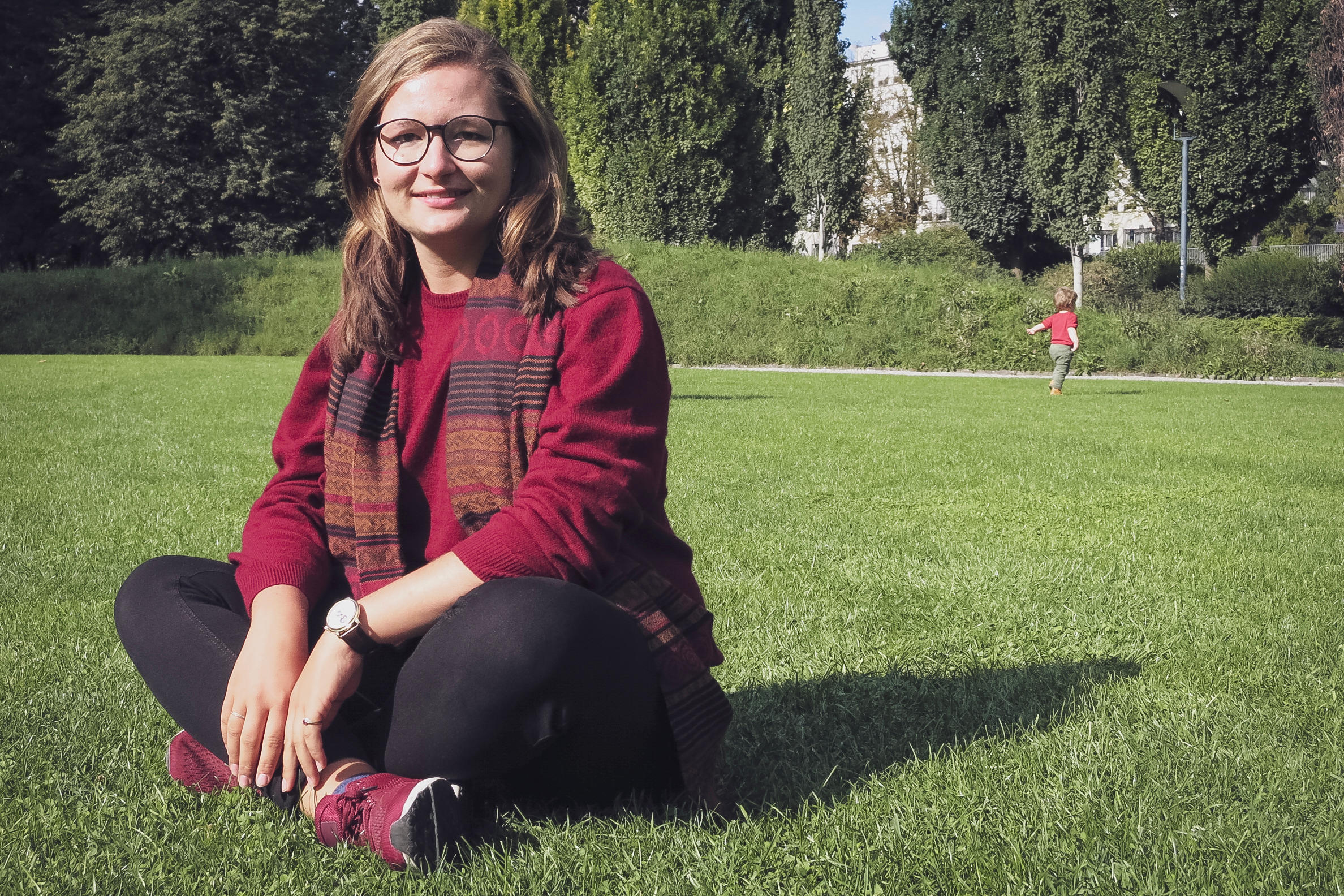
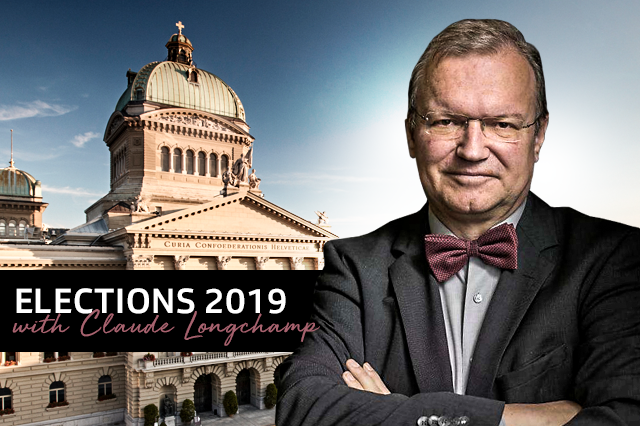
You can find an overview of ongoing debates with our journalists here. Please join us!
If you want to start a conversation about a topic raised in this article or want to report factual errors, email us at english@swissinfo.ch.